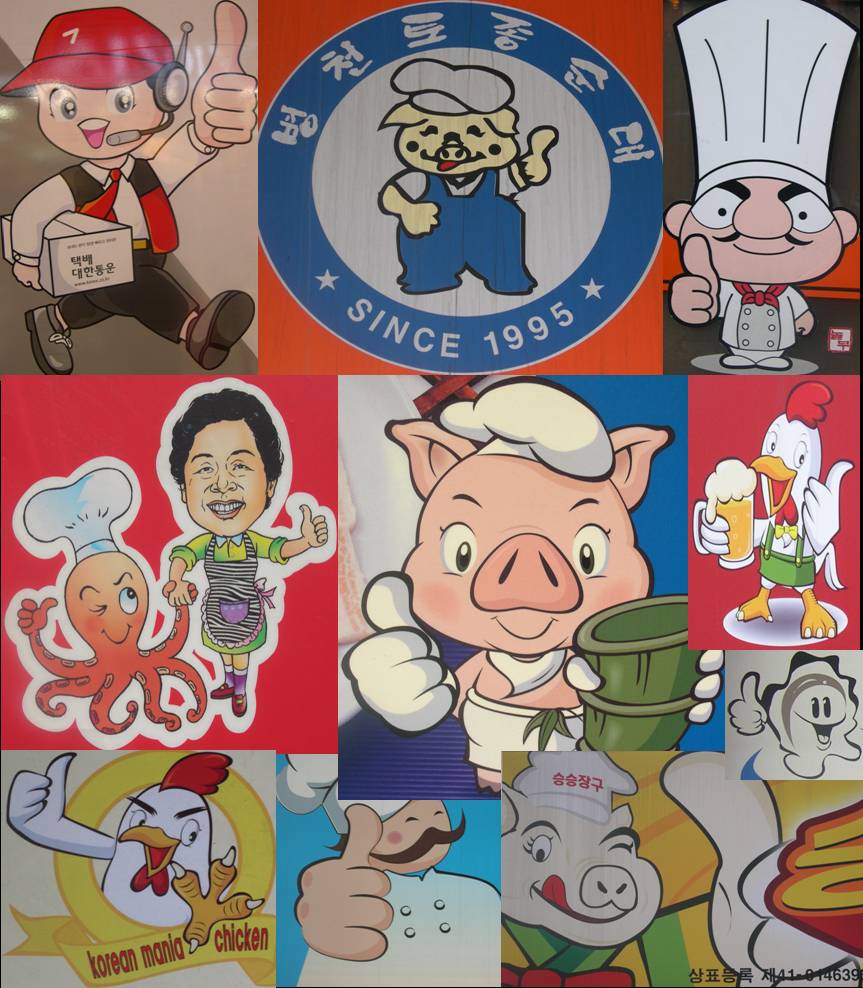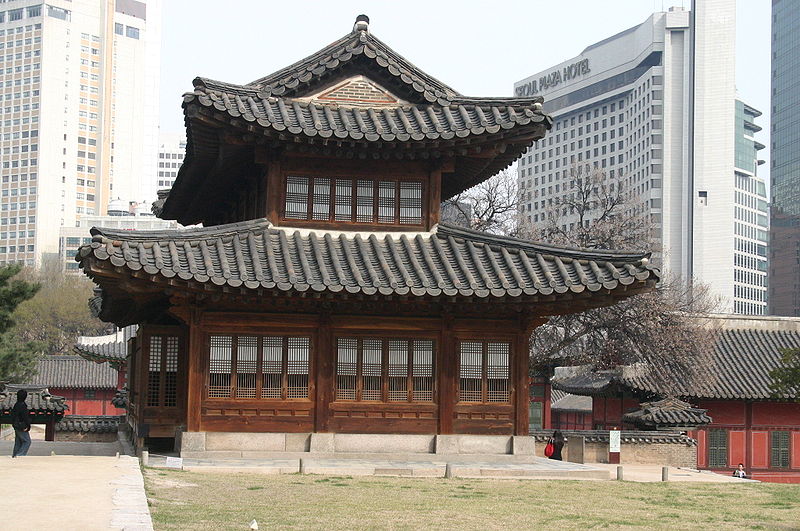Entries by Michael Atkins (1064)
Court Finds Name Not a Trademark, So No False Designation of Origin
Plaintiff Melvin Ott sued Ingenix, Inc., for false association under section 43(a)(1)(A) of the Lanham Act, claiming it falsely used his name and resume in bidding for a contract with the State of Montana. In September 2008, the Eastern District of Washington dismissed his claim on summary judgment, finding he had not suffered any competitive injury and lacked standing to assert such a claim. (STL post here.)
On Oct. 23, the Ninth Circuit affirmed. It found: “Section 43(a)(1)(A) ‘forbids the use of false designations of origin and false descriptions or representations in the advertising and sale of goods and services.’ ’[I]n order to satisfy standing’ under section 43(a)(1)(A), a plaintiff must ‘allege commercial injury based upon the deceptive use of a trademark or its functional equivalent.’ Because Ott has failed to establish that either his name or his professional identity constitutes a ‘trademark’ or the ‘equivalent of a trademark’ (either through secondary meaning or otherwise), we conclude that he cannot demonstrate the requisite commercial injury to establish standing.”
The case cite is Ott v. Ingenix, Inc., 2009 WL 3416067, No. 08-35907 (9th Cir. Oct. 16, 2009).
NYU's Seoul Campus or Dentist's Office?
Purple lettering and familiar torch logo: It’s apparently not what you think.
 One last report about Korea. I saw this building one day. I thought it was cool that New York University had an outpost in Seoul. Purple lettering, torch logo — what else could it be? No, the driver said. It’s a dentist’s office. The driver suggested that perhaps the dentist went to NYU. Perhaps. In the States, however, this would be trademark infringement. Even if a proud NYU grad ran the office, he can’t enshroud himself in the trappings of his alma mater to the point where he looks to be NYU, endorsed by NYU, or affiliated with NYU. I don’t read Hangul, but that’s what appears to be going on here.
One last report about Korea. I saw this building one day. I thought it was cool that New York University had an outpost in Seoul. Purple lettering, torch logo — what else could it be? No, the driver said. It’s a dentist’s office. The driver suggested that perhaps the dentist went to NYU. Perhaps. In the States, however, this would be trademark infringement. Even if a proud NYU grad ran the office, he can’t enshroud himself in the trappings of his alma mater to the point where he looks to be NYU, endorsed by NYU, or affiliated with NYU. I don’t read Hangul, but that’s what appears to be going on here.
Photo credit: STL. Inset: NYU logo.
Korea Trip Rates a Thumbs-up
 STL’s trip to Korea rates a thumbs-up
STL’s trip to Korea rates a thumbs-up
Those Soulites love their thumbs-up. That much became clear after just a few minutes in the Land of the Morning Calm. Cartoon thumbs-up signs are everywhere. My favorites were the things without thumbs — like an oyster and a dentist’s cartoon tooth. It’s also hard not to love an animal that conspires with a proprietor to advertise how delicious they are. Countless pigs, chickens, and octopi all seemed to say, “Eat me! I’m delicious!” No question about it — my trip to Seoul rates a thumbs-up.
Seoul Long!

STL will be on vacation in Seoul for about ten days. I expect to be refreshed and back to my usual tricks on Nov. 2. (Photo credit: karendotcom127)
Court Finds Ex Parte TRO Not Justified in Trade Dress Case
 Plaintiff’s (left) and defendant’s trade dress: Ex parte relief not appropriate
Plaintiff’s (left) and defendant’s trade dress: Ex parte relief not appropriate
Ruiz Food Products, Inc., filed suit in the Eastern District of California against Camino Real Foods, Inc., alleging that Camino’s burrito packaging is confusingly similar to its own.
Ruiz immediately moved for an ex parte temporary restraining order. On Oct. 2, the court denied the motion, finding that the parties’ attorneys had been in contact about the dispute, so there was no need to exclude Camino’s attorney from the process. The issue, the court found, was better suited for a motion for preliminary injunction where both parties could actively participate.
“Under Rule 65(b), a court may issue an ex parte temporary restraining order only if: (1) it clearly appears … that immediate and irreparable injury, loss, or damage will result to the applicant before the adverse party or that party’s attorney can be heard in opposition, and (2) the applicant’s attorney certifies to the court in writing the efforts, if any, which have been made to give the notice and the reasons supporting the claim that notice should not be required. Rule 65(b)’s requirements are ‘stringent,’ and temporary restraining orders that are granted ex parte are to be ‘restricted to serving their underlying purpose of preserving the status quo and preventing irreparable harm just so long as is necessary to hold a hearing, and no longer.’
“Here, Plaintiff has not sufficiently met its burden of justifying an ex parte restraining order. From Plaintiff’s submissions, it is apparent that counsel for both Plaintiff and Defendant have been in contact with each other over the allegedly infringing trade-dress. What is missing from the application is an adequate explanation of ‘the reasons supporting the claim that notice should not be required.’ Ex parte relief is not appropriate. The Court instead will treat the motion as a request for a preliminary injunction and set a briefing schedule and hearing date.”
TROs are tough to get — especially ex parte TROs. You need to convince the court there’s good reason to exclude the other party from the process. That evidence usually is hard to come by.
The case cite is Ruiz Food Products, Inc. v. Camino Real Foods, Inc., 2009 WL 3234145, No. 09-1731 (E.D. Calif. Oct. 2, 2009).